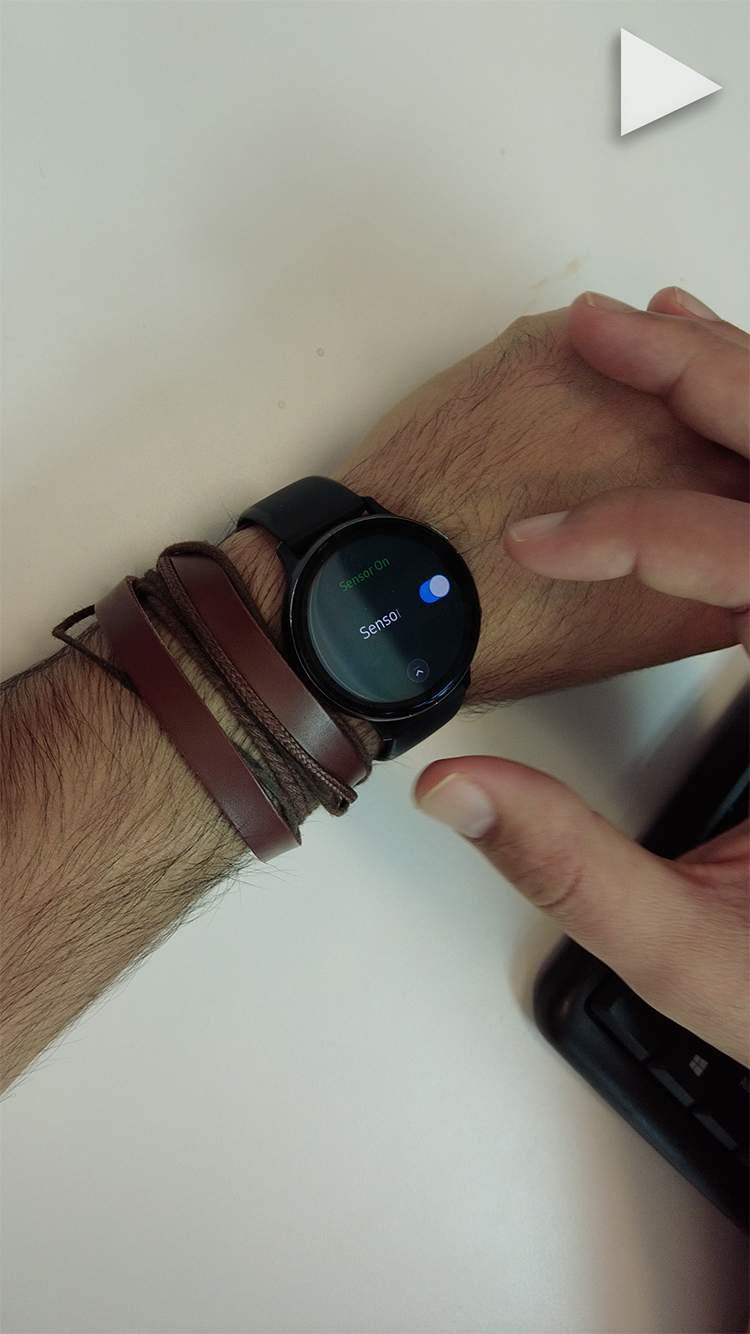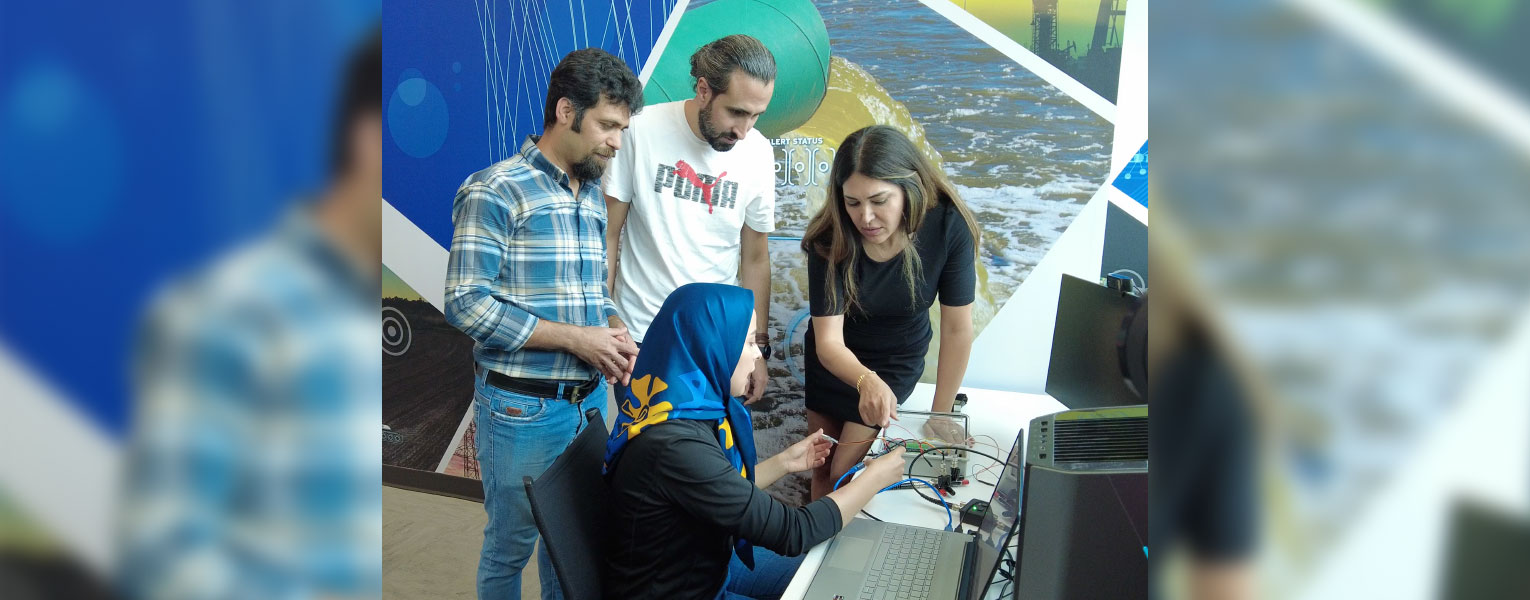10/18/2023
Science in Seconds: Behnaz Ghoraani, Ph.D.
Developing Technology to Address Human Health
Behnaz Ghoraani, Ph.D., was recently named co-director of the Center for Sensing, Monitoring, Analytics, Remote and Technology (SMART) Health at FAU, a hub that fosters interdisciplinary collaboration and innovation in the field.
Ghoraani, who has been with Florida Atlantic since fall 2016, is an associate professor in FAU’s College of Engineering and Computer Science, and faculty fellow at the Institute for Sensing and Embedded Network Systems Engineering.
Her professional journey started in Canada, where she pursued a doctorate in electrical and computer engineering from Toronto Metropolitan University, formerly known as Ryerson University. Since then, her research has centered around biomedical data science, wearable computing, machine learning and remote monitoring, all focused on leveraging technology to address the major health issues facing the world’s population today.
The complexity and diversity of human health and diseases have always been a major source of fascination for Ghoraani, she said, particularly the ways in which engineering and computer science can help understand, improve and enhance human well-being. She said she found inspiration in the challenges and opportunities that arise from analyzing non-stationary and noisy biomedical signals and images, and in the extraction of meaningful information from them using advanced signal processing and machine learning techniques. Ghoraani said she has further been motivated by the potential impact of smart health technologies on improving health care quality, accessibility, affordability and personalization.
Ghoraani’s ongoing research aims to develop novel sensing, monitoring, analytics, remote and technology (SMART) solutions for health issues such as Parkinson’s disease, atrial fibrillation, Alzheimer’s disease and intracranial hemorrhage. This closely aligns with the Center for SMART Health, where the main objective is to facilitate the use of engineering and computer science technologies to enable state-of-the-art patient-centered health care, early detection of human health problems and better quality of life. Ghoraani’s most significant recent breakthroughs include the development of a wearable sensor system that can automatically assess the response to medication of patients with Parkinson’s and another to detect early signs of Alzheimer’s and dementia.
Her research has also led to cross-disciplinary collaborations indicative of the integrative nature of smart health technology development. These collaborations include projects related to wearable sensors and advanced machine learning techniques to treat Parkinson's and developing early detection systems for neurodegenerative diseases using low-cost, non-invasive devices to identify abnormal cognitive decline before the disease has progressed significantly.
Additional interdisciplinary work is happening here at FAU with Teresa Wilcox, Ph.D., professor of psychology in the Charles E. Schmidt College of Science. This unique research involves the analysis of functional near-infrared spectroscopy (fNIRS) data. fNIRS is a type of neuroimaging technology that measures brain activity by detecting changes in blood oxygenation and blood flow. The team is developing novel signal analysis approaches to enhance the extraction of relevant information from fNIRS data, which can significantly contribute to our understanding of brain function and disorders. This collaborative project is an example of how engineering techniques can be effectively applied to solve complex problems in neuroscience.
Emerging trends such as wearable sensors, implantable devices, cloud computing, edge computing, augmented reality, virtual reality and digital twins in the smart health field have the potential to revolutionize the health care industry, according to Ghoraani. She said she looks forward to continued research toward the development of more robust, reliable and user-friendly smart health devices that can integrate with existing healthcare infrastructures and deliver more effective and practical healthcare solutions to patients.
In addition to her research and teaching roles at Florida Atlantic, Ghoraani serves as an associate editor for various publications such as IEEE BioMedical Health and Informatics Journal and Engineering OnLine. She is also part of the National Library of Medicine - Board of Scientific Counselors, the IEEE Signal Processing Magazine, and the Chair of IEEE Women in Signal Processing Committee.
Ghoraani said she is passionate about encouraging more students and researchers to venture into the rewarding field of smart health, and that she sees the field as one that has the potential to transform millions of lives worldwide.
If you would like more information, please contact us at dorcommunications@fau.edu.

Behnaz Ghoraani, Ph.D.
College of Engineering and Computer Science
Watch video
